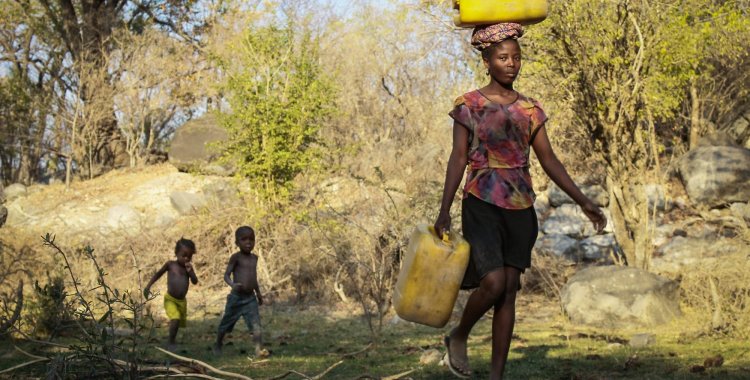The survey results indicate that 75 percent of the Angolans surveyed say they feel that climate change affects their daily lives.
According to a statement sent to VerAngola, the conclusions of the survey "confirm that climate change has had a negative impact on the livelihoods of Angolans", with 57 percent of respondents saying "that their income has been affected by this phenomenon ".
The losses in question, the note adds, normally occur due to severe droughts, rising water levels, coastal erosion or extreme phenomena (for example hurricanes or floods).
The survey also reveals that 59 percent of Angolans (percentage slightly above the African average, which stands at 57 percent) say "that they themselves or people they know have already taken some type of measure to adapt to the impact of climate change". Among these initiatives are, for example, "investments in water-saving technologies to reduce the impact of droughts and in cleaning drainage ditches before floods".
Conclusions from the survey also indicate that 84 percent of the Angolans surveyed defended that investment in renewable energies should be a priority.
"When questioned about which source of energy their country should invest in to fight climate change, 84 percent of the inquired Angolans (compared to the African average of 76 percent) say that priority should be given to renewable energies, the great distance from fossil fuels (8 percent)", can be read in the statement.
Jeannette Seppen, ambassador of the European Union in Angola, quoted in the note, considered that "these results show that Angolans are aware of the negative impact that climate change is having on their lives and the need for support from authorities and international organizations to accelerate the transition to renewable energies and to reduce dependence on food imports, which carries risks and is counterproductive".
In turn, Thomas Östros, EIB vice-president, said that "Angola has great potential to increase investments in renewable energies. To satisfy demand in rural areas, the country is seeking to develop small-scale off-grid projects, using fossil fuels and renewable energy technologies, namely solar and wind energy, as well as small hydroelectric power stations. potential to further expand the country's production capacity - and to reduce its dependence on fossil fuels".
"In addition to renewable energies, the EIB has helped Angola to unlock the development of advanced telecommunications services and improve access to drinking water, and is also committed to increasing the resilience of the health sector", he added.
The first African edition of the EIB climate survey, carried out in partnership with the market research company BVA, had more than 6000 respondents, of which 503 were Angolans, aged 15 years or over, from 10 African countries, who participated in the survey carried out between the 1st and the 25th of August this year, with a representative panel of each of the countries covered.







